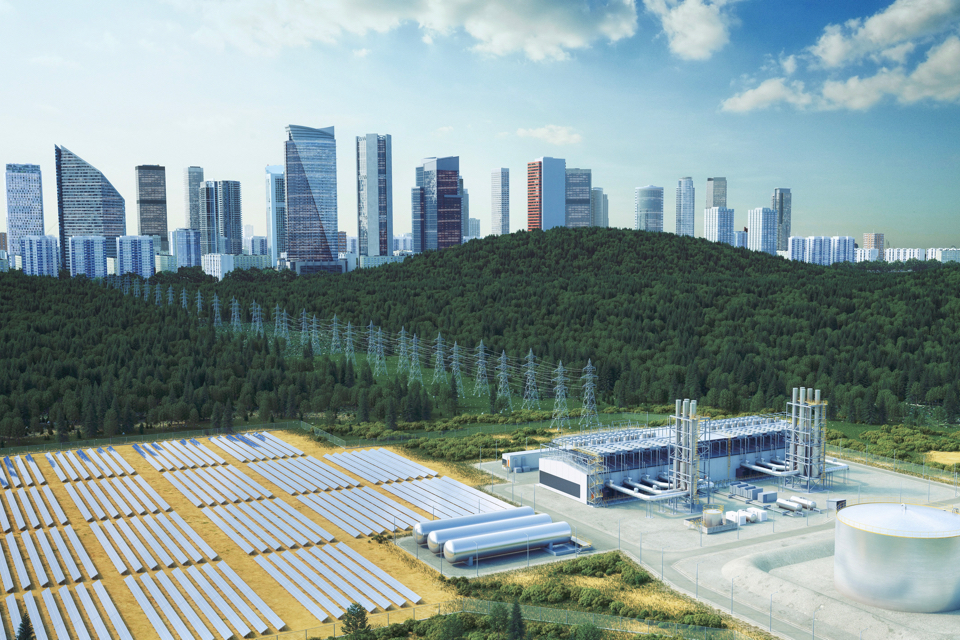Wärtsilä is developing the combustion process in its gas engines to enable them to burn 100 per cent hydrogen fuel. The company has so far tested its engines with blends of up to sixty per cent hydrogen and forty per cent natural gas.
This development is part of the company’s strategy to future-proof its engine technology in line with the global trend towards decarbonisation of the energy and marine markets. In addition to hydrogen, other potential renewable fuels are being studied for future applications, and Wärtsilä engines are already capable of combusting 100 per cent synthetic carbon-neutral methane and methanol.
‘The market for hydrogen-fuelled power plants will emerge along with regulations restricting the burning of fossil fuels,’ says Marco Wiren, President, Wärtsilä Energy Business. ‘We are well positioned to serve the power industry in its transition to 100% renewable electricity generation. Wärtsilä’s engines, capable of running on a variety of sustainable fuels, are offering a highly dynamic balancing power for these future generating systems.’
During the energy sector’s transition to carbon neutrality, wind, solar, and battery storage will form an increasing share of power systems. There will, however, also be a need for renewable fuels to enable long-term storage in persistent low wind and solar weather conditions.
Such fuels will be burned in flexible, fast-starting power plants, and can be produced locally with curtailed wind and solar energy, using just water and air as the raw materials. Underground gas storage is used to store the gas for use during periods when reduced availability of renewables results in the battery storage being drained. The use of renewable fuels in flexible power plants dramatically reduces the required size of battery storage, improves power system efficiency, lowers generating costs, and provides high security of supply even during rare and unusual weather patterns.
Picture: Hydrogen as part of the renewable electricity system of the future.








